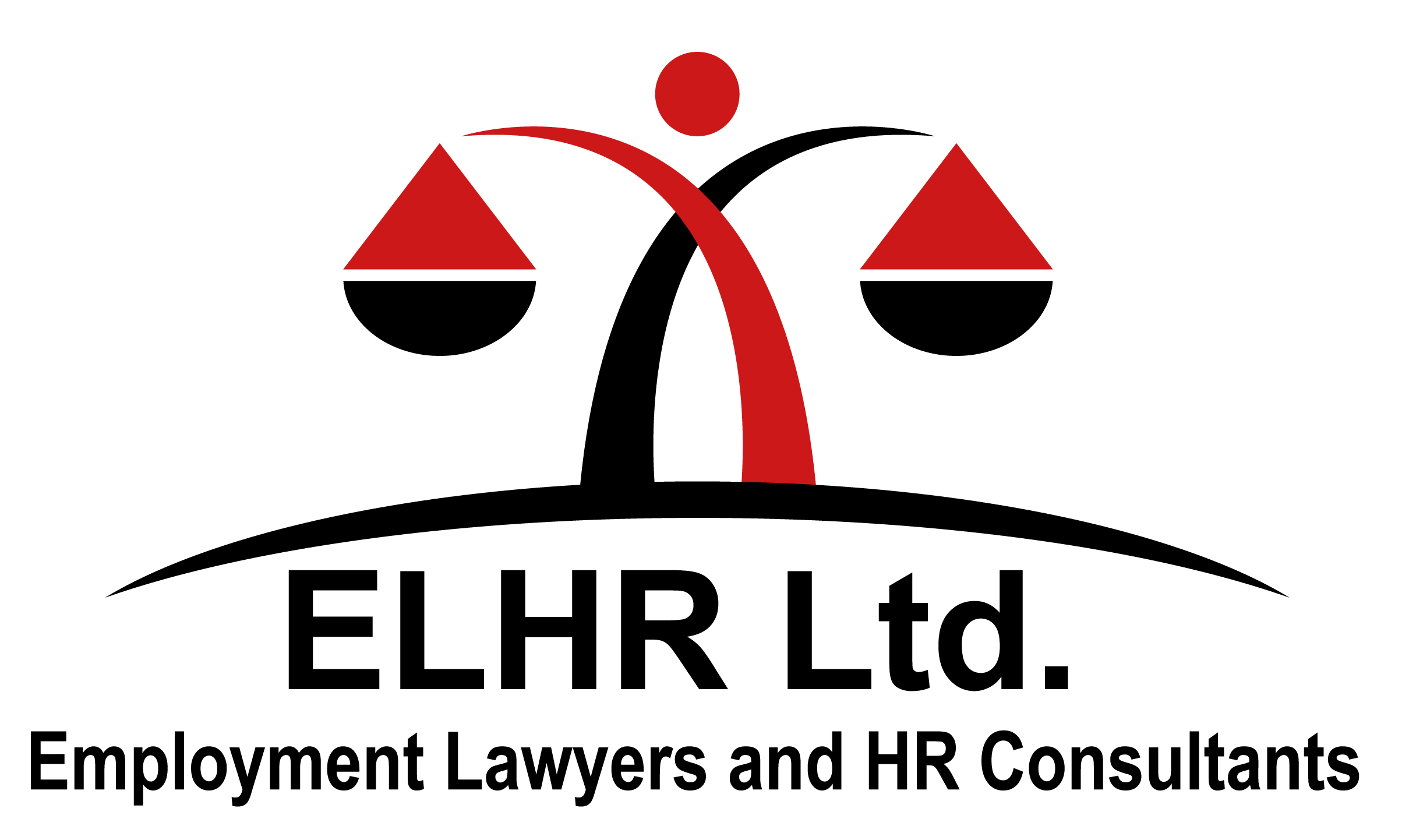Important CJRS Furlough Claims Time Limits & The Coronavirus Act 2020
What are the key Government CJRS changes to note?
What are the important CJRS Furlough Claims deadlines you can’t afford to miss? What does the ‘The Coronavirus Act 2020’ entail?
There are new deadlines for lodging a furlough HMRC claim. There is a prerequisite of a claim having to be submitted within two weeks of the end of the previous calendar month as noted below, unless there is a “reasonable excuse” / justification.
Deadlines:
| Claim for furlough days in | Claim must be submitted by |
| November 2020 | 14 December 2020 |
| December 2020 | 14 January 2021 |
| January 2021 | 15 February 2021 |
| February 2021 | 15 March 2021 |
| March 2021 | 14 April 2021 |
Government guidance re examples of what it meant by a ‘reasonable excuse’ is also noted below:-
- your partner or another close relative death shortly before the claim deadline,
- you had an unexpected stay in hospital preventing you from dealing with your claim
- a period of self-isolation prevented you from making your claim (and no one else could make the claim for you)
- you had a serious or life-threatening illness, including Coronavirus related illnesses, which prevented you from making your claim (further, no one else could claim for you)
- your computer or software failed just before or while you were preparing your online claim service issues with HMRC online services prevented you from making your claim
- a fire, flood or theft prevented you them from making your claim
- postal delays that you could not have predicted prevented you from making your claim
- delays related to a disability you have prevented you from making your claim
- a HMRC error prevented you from making your claim
CJRS NEW TREASURY DIRECTION
On 13 November 2020, HM Treasury published The Coronavirus Act 2020 Functions of her Majesty’s Revenue and Customs (Coronavirus Job Retention Scheme) Direction. This is the fourth Treasury Direction to be issued (Treasury Directions can be viewed here). Together, the Treasury Directions form the legal framework for the Coronavirus Job Retention Scheme (CJRS).
The fourth Treasury Direction:
- formally extends the CJRS from 1 November 2020 until 31 March 2021;
- sets out the detail of how the CJRS will operate between 1 November 2020 and 31 January 2021 (fifth Treasury Direction covering February and March 2021 to be published in due course); and
- withdraws the Coronavirus Job Retention Bonus.
The 32-page document main focus is to establish how the CJRS will operate until 31 January 2021. The rules cover a wide range of issues including:
- eligibility;
- furlough agreements;
- claim periods;
- reference salaries;
- calculating the usual hours of work;
- permitted activities during furlough;
- business succession (including TUPE); PAYE scheme reorganisations;
- time limits for making claims; and publication of CJRS claimants’ details.For those advising on furlough it is essential to note some key areas:
- It is now a condition of making a claim that the employer accepts that HMRC will publish information about CJRS claims on the internet. This includes the name of the employer and a “reasonable indication” of the amount claimed. An exception may be made for employers who can show that publication would expose their workforce to “serious risk of violence or intimidation”, i.e. Court Order such as Non-Molestation, etc.
- Furlough agreements must be in place before the start of the relevant claim period (but may be varied during the claim period). It should be sufficient to update an earlier furlough agreement, provided it is done before the employee is furloughed under the respective CJRS period. There was a small window of opportunity for employers to backdate agreements, but this has now passed.
Claims may not be made for any day that an employee is serving notice, (statutory or contractual) between 1 December 2020 and 31 January 2021.
Please note, that this CJRS Government Grant has had several amendments, with new legislation in place, therefore it is subject to change. Experts, ELHR Ltd. are happy to assist should you require further clarity and assistance. Please call us now on 01788 432077 for an initial free consultation.

Mental Wellness, Physical Health, & complying with Government Restrictions
To be COVID-19 safe, you need to follow government guidelines and restrictions to make working at home, or physically at work if feasible re Health and Safety to be safe.
Employers need to consider the management of employees emotional wellbeing in line with these changes. Fatigue from living within strict cleanliness routines and anxiety, some in relation to money worries if furloughed/ flexible furloughed, isolation and concerns regarding the new world coping with the unprecedented pandemic are very real threats to your company through the reduction of motivation and efficiency.
Using the flexible approaches of ELHR to listen, keeping employers regularly updated re compliance and understand the perspectives of your employees, will enable your team to improve productivity and allow your company to have the best possible chance of surviving financially.
What can you do to prepare?
Remember that it is important that you take the time to evaluate your duty of care as employers in relation to health & safety, mental, wellbeing and physical health of your staff working from home, or at work.
Risk assessments, taking guidance at difficult times to ensure employee rights & Government guidance in relation to Furloughing are paramount for compliance so you don’t fall foul of HMRC.
ELHR Ltd. are here to help and can assist in pointing you in the right direction.
How can we help?
From employment contracts that provide flexibility during uncertain times, advising on continuous employment law legislative changes, restrictive covenants protecting your business, to onboarding and performance management practices, our goal is to create an atmosphere that enables successful recruitment and retention of staff due to high morale and wellbeing, building on the lessons learned through 2020.
Our bespoke Human Resources Consultancy is not formulated as a package. We listen, understand and use our expertise to create a pathway for the companies we are proud to work with.


At ELHR, we work with you to create a culture that limits the risk of litigation through staff engagement surveys, change management during uncertain times, and succession planning. Looking to prepare for problems in order to avoid running into them.
Whether you need support in relation to Government restrictions, grants like CJRS, flexible furloughing, etc. we’re here to help.
We can provide you with a continual advice on retainer, or set time frames re projects, we have the skills and capacity to make a real difference in providing flexibility, protection and added value during this unprecedented journey.
Contact us via our online form, or give us a call for your initial free consultation and we can discuss your specific issues you’re facing as an employee, or employer.

